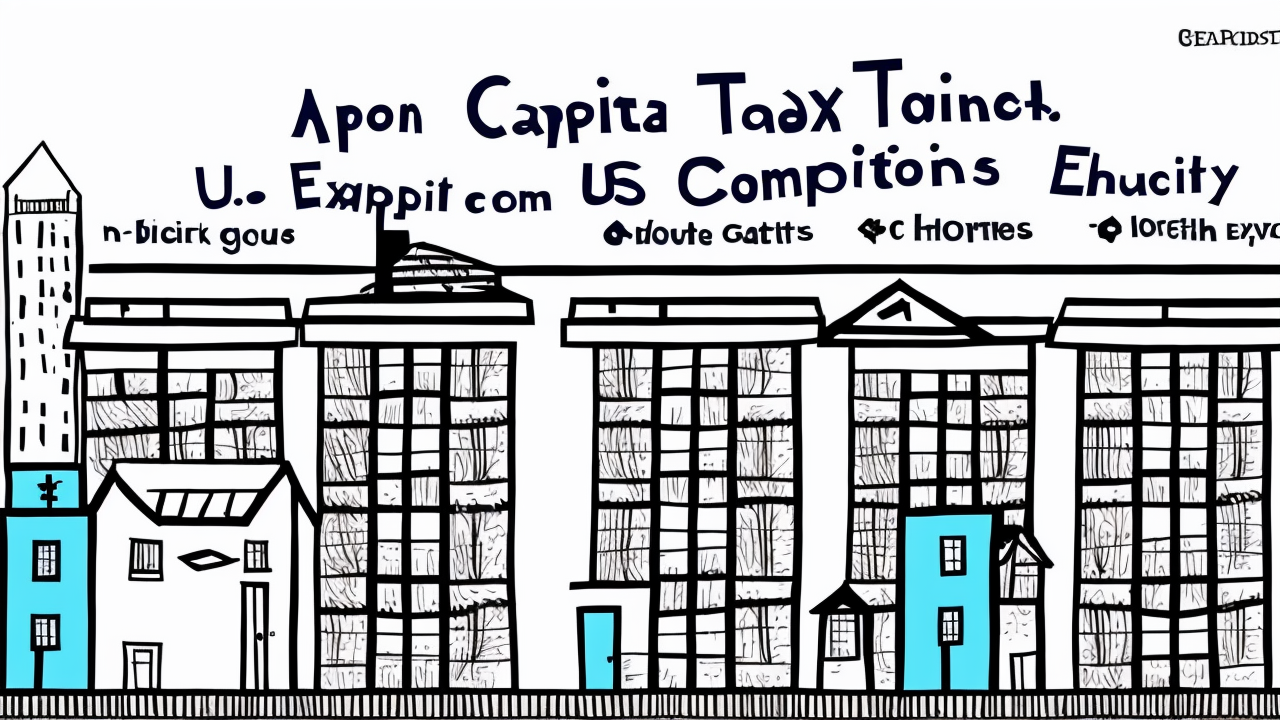Outdated Capital Gains Tax Law Exacerbates U.S. Housing Shortage

With median home prices surpassing $1 million in many U.S. markets, real estate professionals are highlighting a 28-year-old capital gains tax law as a key contributor to the housing shortage. Ken DeLeon, founder of DeLeon Realty in Palo Alto, notes that the Taxpayer Relief Act of 1997, which allows homeowners to exclude up to $500,000 in capital gains for couples and $250,000 for singles, has become outdated. Since then, home prices in areas like the San Francisco Bay have surged 667%, leaving older homeowners facing potential tax bills of over $1 million.
With California’s combined federal and state tax rate at 37.1%, many sellers are opting to stay in their homes to avoid hefty taxes, driving inventory levels to historic lows. This shortage is pushing prices higher and forcing younger families and singles into expensive rentals. Bianca D’Alessio, a broker in New York City, reports similar trends, with older homeowners in Brooklyn unable to afford the capital gains taxes on homes that have skyrocketed in value.
The proposed More Homes on the Market Act aims to address this by doubling the capital gains exclusion, allowing singles to exclude $500,000 and couples $1 million. Real estate experts warn that failing to update the law will worsen housing affordability, reduce local economic activity, and increase homelessness. DeLeon urges nationwide advocacy for the bill, emphasizing the need to make homeownership more accessible and sustain societal benefits.
Published: 6/8/2025
















